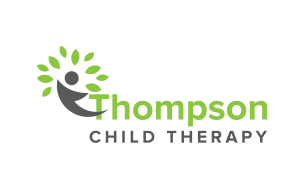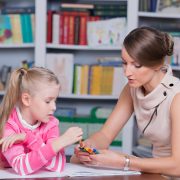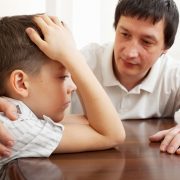What is Play Therapy?
“So you just play with my kid? I can do that!”
Not exactly. Just like talk therapy is not just talking, play therapy is not just playing. Play therapists create an environment with carefully selected toys to allow your child to express him/herself and his/her feelings. Play is a child’s language (Landreth 2012). Children express what they learn through their play and make sense of their world through reenacting scenarios they’ve experienced through play.
Remember playing house or grocery store as a kid? You were organizing social rules, responsibilities, and stereotypical gender roles as you did so. In playing cops and robbers you created a situation in which you felt powerful. All children feel a sense of powerlessness over their world, as they are dependent on adults to survive. Play allows them to reconcile this need to be in charge.
My training and experience helps me build a child’s self-awareness while she plays. I focus on building a trusting relationship, and your child feels heard and understood. As a result, she sees less of a need to act out to express her feelings. She is also more likely to develop an emotional vocabulary as she hears me use feelings words to describe the emotions exhibited in her play.
With child-centered play therapy she is in the lead in the playroom. There is no pressure for her to perform a certain way, learn a specific topic, or perfect a specific skill. She has the opportunity to experiment with behaving in a safe manner to find her own way to express herself. Before she gets there, however, she may need to be aggressive, get messy, or act like a baby in her play sessions to express her need to act younger than her age. She can do that in the play session without correction and with little redirection. (I set limits only focused on safety and protecting the toys from destruction).
Play therapy is like writing a book report—in session I’m reporting on the plot, including the feelings she expresses, and in my head I’m teasing out the themes, and metaphors across in your child’s play sessions. This helps me determine progress and skills, and translate that to parents and other involved adults.
In practicing safe emotional expression in an environment where she feels understood, she can gain confidence to do so out in the ‘real world’. These accomplishments are much like what occurs in a successful adult therapy relationship, just with a different approach tailored to the child’s soul.











Leave a Reply
Want to join the discussion?Feel free to contribute!